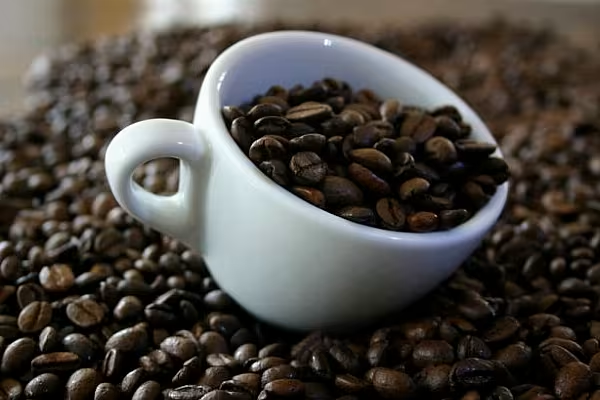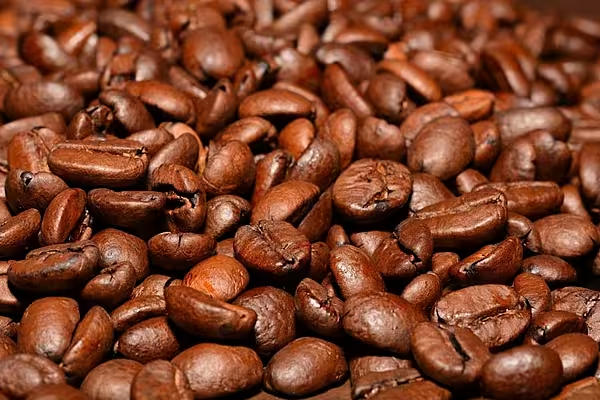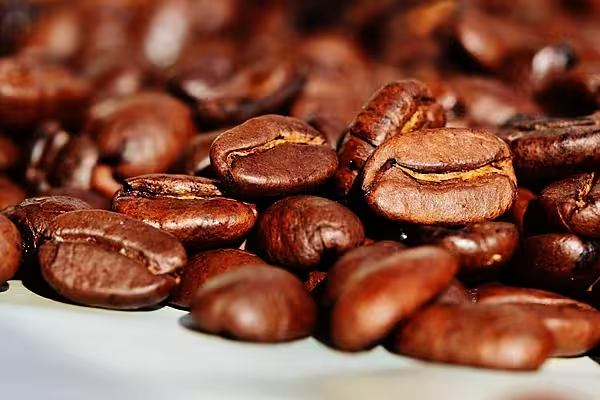Espírito Santo state, Brazil's leading robusta coffee producer, has improved its irrigation systems and farmers have added new crops such as black pepper in an effort to revive agriculture in the region after a devastating drought in 2015 and 2016.
The state boosted waterworks and diversified agriculture after the drought, one of its worst ever, giving producers a broader revenue base. Robusta output is expected to rebound in the current season and possibly hit a record in 2019.
Positive News
"That's music to our ears," Júlio Cuquetto, a 55-year-old coffee farmer, said at his small farm in São Gabriel da Palha, a leading robusta-producing town, referring to the sound of water running in a recently installed irrigation system.
Cuquetto's family is one of some 78,000 that produce robusta in Espírito Santo. Their improvements in water supplies could pave the way for the state to next year surpass the production record of 10 million 60-kg bags reported in 2014.
"Currently, we have around 10,000 small dams in the state. Back in 2014 there were less than 1,000," said Ideraldo Lima, Espírito Santo's agriculture secretary.
Most projects were financed with credit lines from the local and federal governments, he said.
Water Shortages
Antônio Souza Neto, head of Cooabriel, the world's largest robusta coffee cooperative, said the drought had spurred producers to look for ways to deal with possible future water shortages, something that will likely make the state's coffee output more stable.
Jaéder Fiorentini, 42, who cultivates 95,000 coffee trees in the state, spent 200,000 reais ($54,300) to build a second water reservoir on his property.
"I'm not sure when payback will come, but the project gives me safety," he said.
Besides the water projects, farmers have turned to other crops when many of their coffee trees dried out. Black pepper was one of them.
Brazil's statistics agency IBGE said the black pepper cultivation area in Espírito Santo jumped to 11,000 hectares in 2018, from 2,700 hectares (6,671 acres) in 2014. It also saw 10 percent growth in rubber production in that period.
"Farmers are trying to improve property management. When they diversify, revenue flow is more even during the year," said Carlos Verdin Filho, an agronomist at research center Incaper.
Robusta production is expected to increase to as much as 8 million bags in the state this year, a sharp recovery from 5 million in 2016.
News by Reuters, edited by ESM. Click subscribe to sign up to ESM: European Supermarket Magazine.














